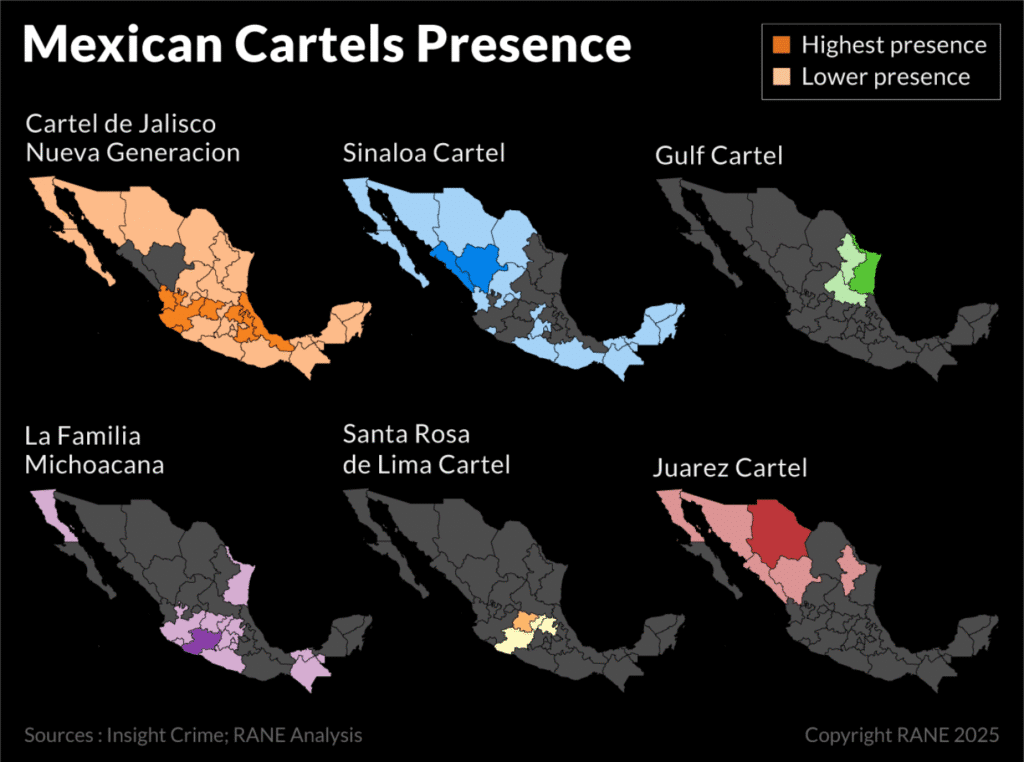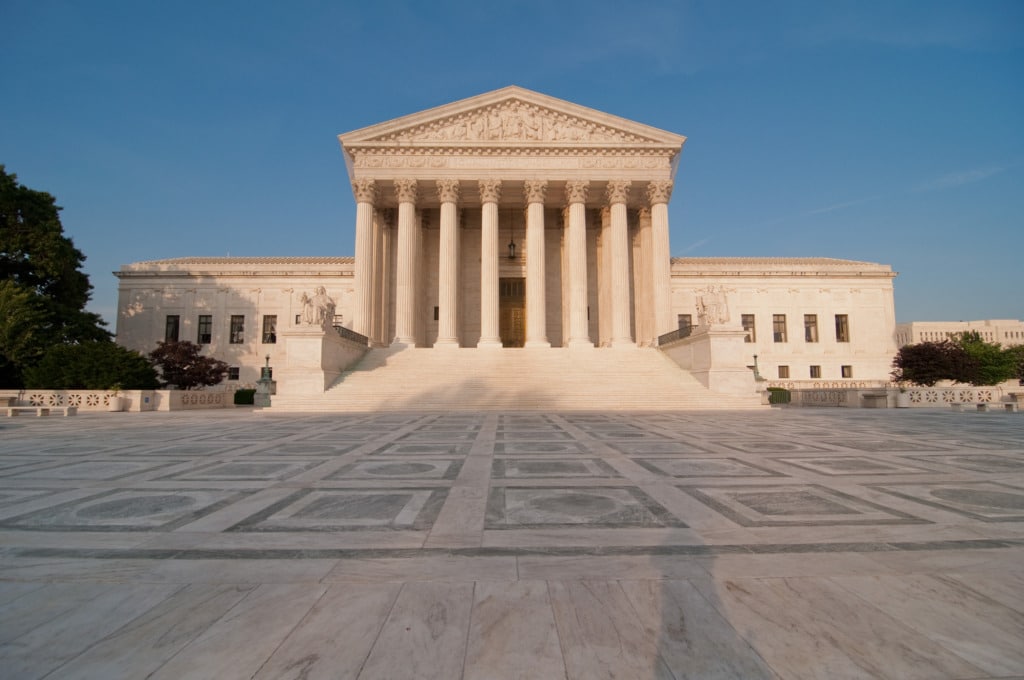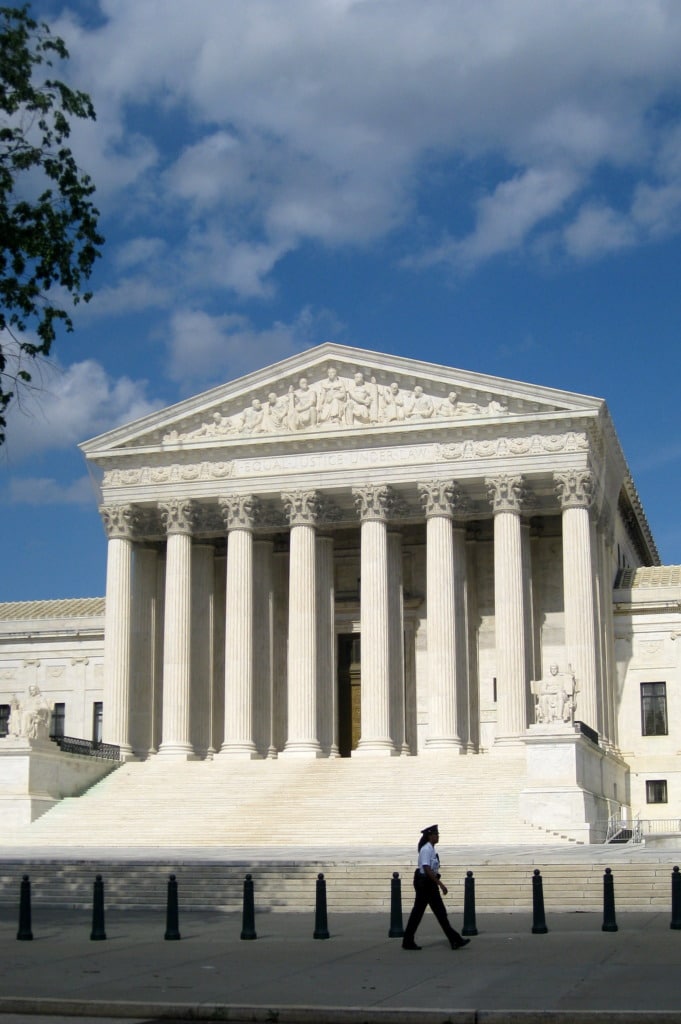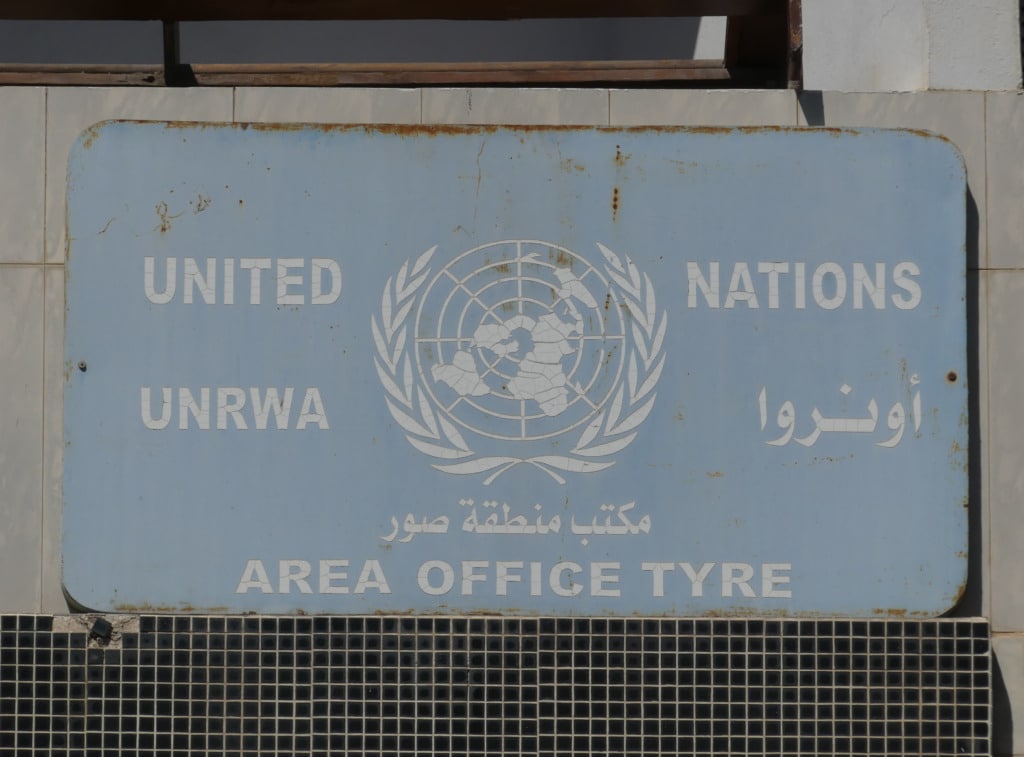Potential Impact of Recent Cartel Designations
On January 20, 2025, President Trump issued Executive Order (E.O.) 14157, directing the Secretary of State to designate international criminal organizations, including drug cartels, as Foreign Terrorist Organizations (FTOs) under the Immigration and Nationality Act (INA) and as Specially Designated Global Terrorists (SDGTs) under the International Emergency Economic Powers Act (IEEPA). On February 20, 2025,…
Continue ReadingFuld’s Implications for the FSIA (and Other Federal Statutes)
In Fuld v. PLO, the U.S. Supreme Court held that “the Fifth Amendment does not impose the same jurisdictional limitations as the Fourteenth.” This means that Congress may authorize federal courts to exercise personal jurisdiction over defendants that state courts may not constitutionally reach. In Fuld, the Court upheld the constitutionality of the Promoting Security…
Continue ReadingSecond Circuit Expands Scope of Anti-Terrorism Act Suits Against Foreign States
On February 4, 2025, in Schansman v. Sberbank, the U.S. Court of Appeals for the Second Circuit ruled that foreign states and their agencies and instrumentalities may be sued under the Anti-Terrorism Act (ATA) for acts of international terrorism, provided that one of the enumerated exceptions to sovereign immunity in the Foreign Sovereign Immunities Act…
Continue ReadingU.S. and Foreign Litigation Relating to the Events in Gaza
High profile cases against Israel and Germany have been bought before the International Court of Justice, alleging violations of international law with respect to events in Gaza following the October 7, 2023, attacks by Hamas. The prosecutor of the International Criminal Court is seeking five warrants of arrest against Israelis and Hamas leaders for war…
Continue ReadingTransnational Litigation at the Supreme Court, October Term 2024
Today is the first day of the Supreme Court’s October Term. This post briefly discusses four transnational litigation cases in which the Court has already granted cert, as well as several others that are in the pipeline and could be decided this Term. Readers can also consult our Supreme Court page. Cases in which the…
Continue ReadingVictims of Hamas sue UNRWA
Victims of the October 7, 2023, attacks by Hamas have sued UNRWA USA, a Delaware non-profit that provides aid for Palestinians in Gaza. The case is one of several involving the war in Gaza, including one filed by residents of Gaza against the Biden administration and one brought by victims of Hamas against the National…
Continue ReadingChiquita Liable for Financing Colombian Paramilitary Death Squads
In a win for international human rights advocacy, a Florida jury has found a U.S. corporation liable for human rights violations committed in a foreign country. This first of three “bellwether” trials involved nine cases. Hundreds remain to be tried in this multidistrict litigation. The jury’s verdict is the latest development in a civil case…
Continue ReadingVictims of Hamas Bring Suit Related to Campus Protests
Victims of the October 7, 2023, attacks by Hamas have sued two U.S. organizations for violating of Anti-Terrorism Act and the Alien Tort Statute. The nine plaintiffs – U.S. and Israeli citizens – allege that defendants serve as a “propaganda machine,” one that intimidates and recruits “impressionable college students to serve as foot soldiers for…
Continue ReadingPersonal Jurisdiction and Extraterritoriality
The U.S. Supreme Court has repeatedly said that Congress has constitutional authority to regulate extraterritorially. “Both parties concede, as they must,” Chief Justice Rehnquist wrote in EEOC v. Arabian American Oil Co. (1991), “that Congress has the authority to enforce its laws beyond the territorial boundaries of the United States.” The presumption against extraterritoriality, which…
Continue ReadingAre Social Media Algorithms “Passive Nonfeasance”? What Twitter v. Taamneh Got Wrong
In the recent case of Twitter, Inc. v. Taamneh, the U.S. Supreme Court held that the plaintiffs failed to demonstrate that Facebook, Twitter, and Google knowingly provided assistance to the Islamic State of Iraq and the Levant (ISIS) in connection with its attack on the Reina nightclub in Istanbul, Turkey in 2017. The plaintiffs, family…
Continue Reading








